Villum Foundation to donate DKK 185 mill. to research at Aarhus University
Five professors in computer science, chemistry and physics have been selected as Villum Investigators, and each will receive between DKK 30 and 40 mill. (EUR 4 - 5.4 mill.) for their research over the next six years.
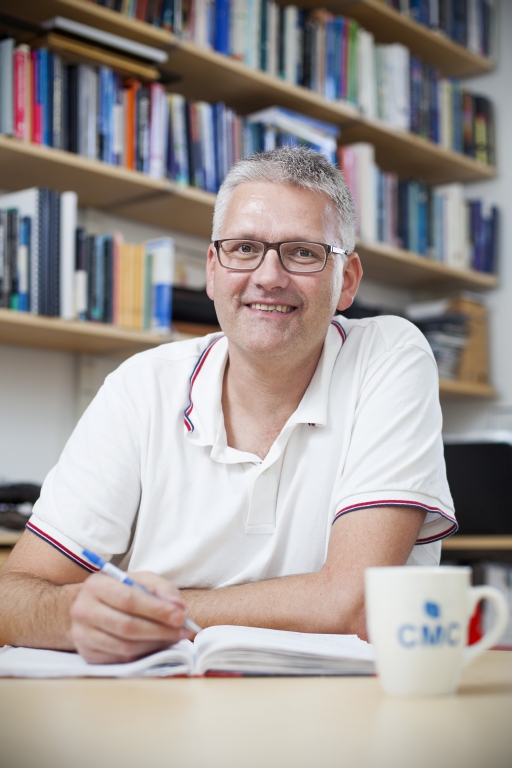
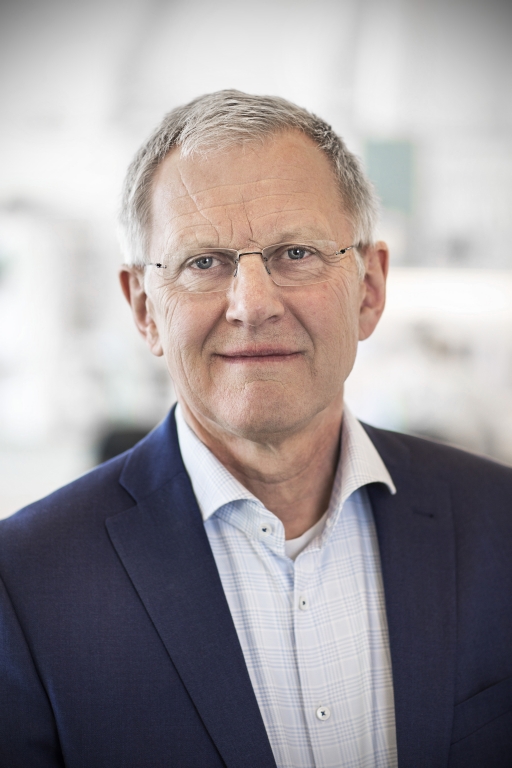
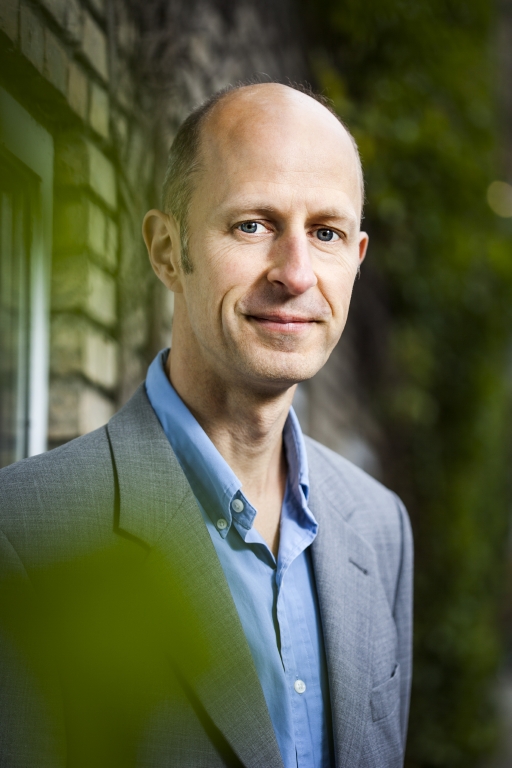
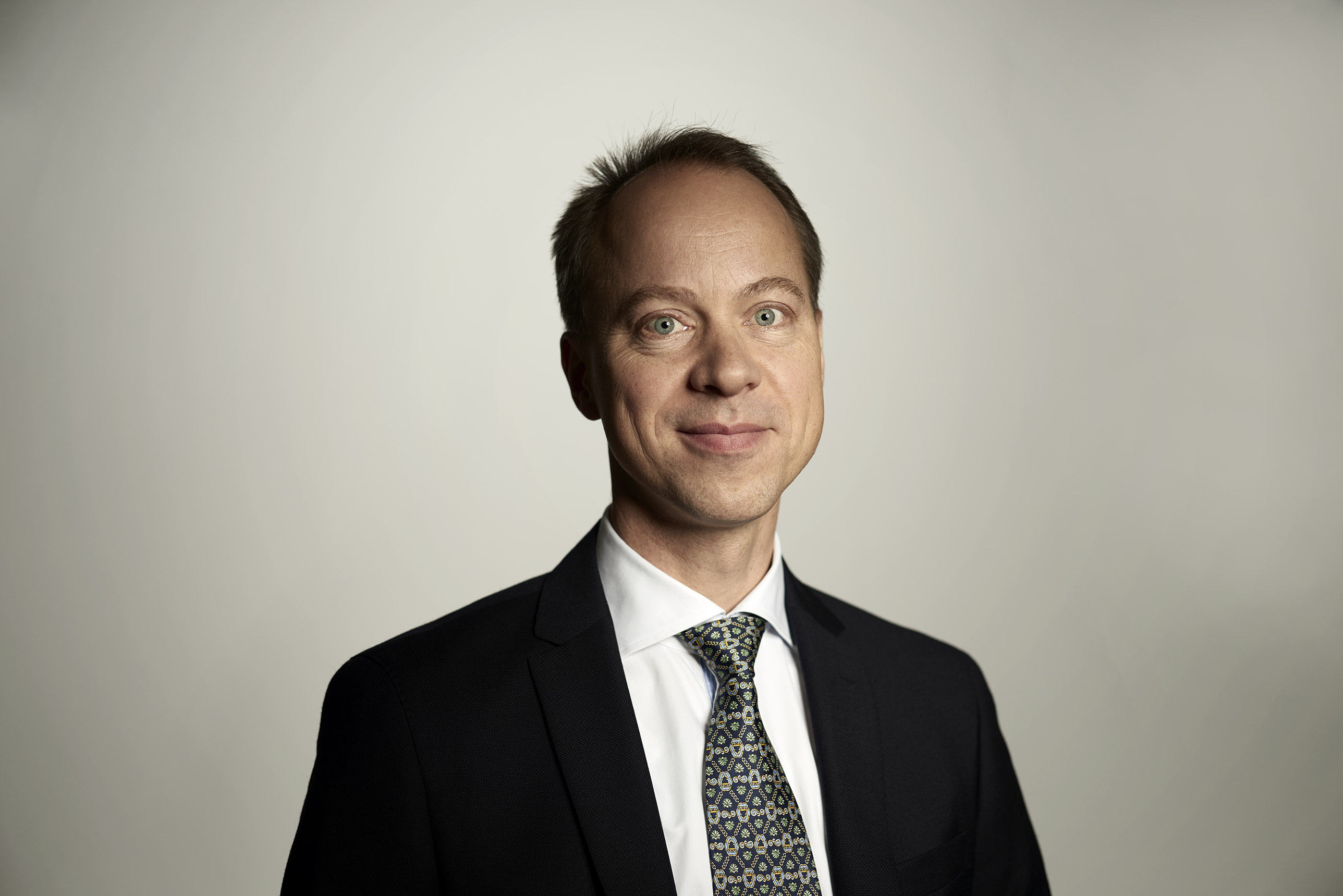
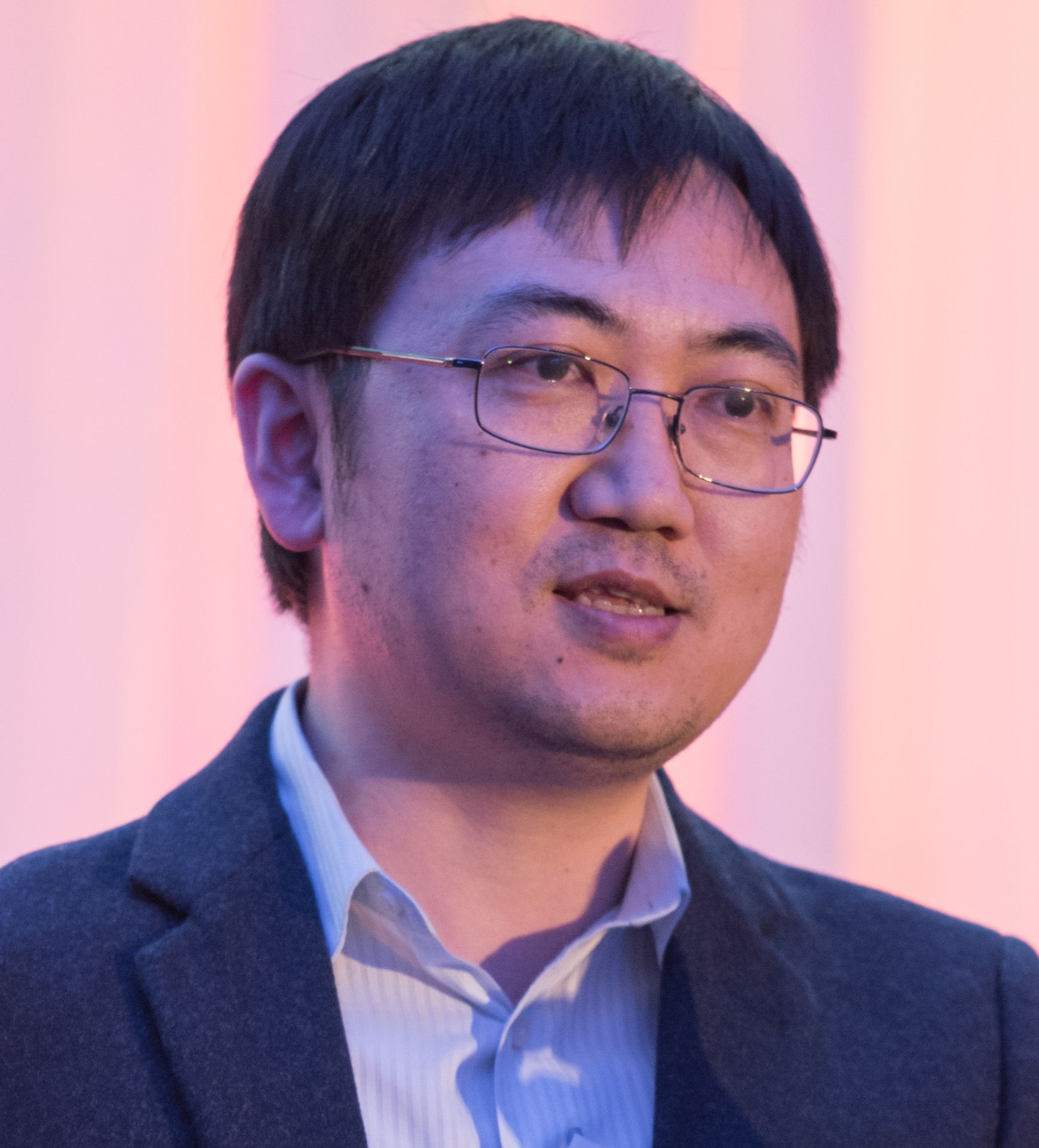
The Villum Foundation has granted DKK 410 mill. this year to a total of eleven experienced and internationally recognised researchers within the technical and natural sciences.
As many as five of the grants have been awarded to research at Aarhus University, and three go to the same department; the Department of Chemistry.
"I’m pleased that we can again confirm that Aarhus University has researchers with both high international quality and very exciting ideas. It’s also good that in Denmark we have private foundations to assist research and thus contribute to the knowledge that can lay a positive foundation for the future for everyone," says Søren R. Keiding, vice-dean for research at Science and Technology at Aarhus University.
Dynamic crystallography
Professor Bo Brummerstedt Iversen from the Department of Chemistry is receiving DKK 39.8 mill. (EUR 5.3 mill.) to develop dynamic crystallography to lay the foundation for future material technologies. He will do this by taking advantage of the new revolutionary research facilities right on our doorstep: The MAXIV synchrotron and the ESS neutron source in Skåne, Sweden, as well as the x-ray laser XFEL in Northern Germany.
With these facilities, he and his team of researchers can study real structures of the right materials under real conditions in real time, rather than static and average crystal structures under idealized conditions. By studying the disorder in the crystalline structures, he hopes to be able to tailor nanocrystals and perhaps even control this disorder to create completely new functions in materials.
Green catalysis
Professor Karl Anker Jørgensen from the Department of Chemistry is receiving DKK 39.9 mill. (EUR 5.3 mill.) for green catalysis. Together with research groups from Denmark and the United States, he will be carrying out new and innovative research into catalysis at the highest international level. Focus is to develop new and unprecedented reaction concepts that will form the basis of green and environmentally friendly chemistry. The new research will not only be based on chemistry, it will also integrate big-data analyses and machine learning.
Another important part of the project is to create new growth points to attract young and promising researchers from leading research institutions to start independent research careers in Denmark.
Slow-motion films of atoms
Professor Henrik Stapelfeldt from the Department of Chemistry is receiving DKK 30.2 mill. (EUR 4 mill) to film the atoms in molecules during chemical reactions in extreme slow motion. I this context, extreme means lighting the process with pulses of laser light lasting down to a femtosecond at a time (a femtosecond is 10-15 seconds or one millionth of a billionth of a second).
It will define a new line of research in molecular science and have great potential for new fundamental insight and effective results. The main objective is to make serial recordings of atoms, where you can see the breaking and making of chemical bonds during reactions. Among other things, it could give new insight into the key photochemical processes that underlie organic solar cells.
In Femtolab at Aarhus University, his research group has already made great progress in molecular movies - not least because they have managed to control the spatial orientation of molecules using laser beams, so that the molecules are oriented correctly in relation to each other and the camera.
Error-free programs
Professor Lars Birkedal from the Department of Computer Science is receiving DKK 35.4 mill. (EUR 4.72 mill.) to set up a centre for basic research into programme verification.
Lars Birkedal, who received the Elite Researcher Award in 2015, researches into theoretical computer science; more specifically, the logic and semantics of programming languages. His LogSem group has made several breakthroughs within this important field, which can generally be called "prevent errors in computer programs ". Using advanced mathematics, the group develops models and analysis tools that can be used to verify programs. In other words they can winkle out software errors before the software is installed and potentially causes mayhem or at least gaps in security.
The group will use the DKK 35.4 mill. to expand its research efforts to model and analyse a wider range of realistic software systems and a much wider class of correction and security properties.
From the United States with hybrid quantum materials
Finally, Yong P. Chen, professor of physics and an expert in quantum materials from Purdue University in Indiana, United States, has been offered DKK 40 mill. (EUR 5.3 mill.) for research at the Department of Physics and Astronomy at Aarhus University.
He will be able to experiment with hybrid quantum materials and devices with unprecedented functionality by combining different quantum electronic/photonic systems.
People before projects
The Villum Investigator programme puts the researcher in the centre and focuses on researchers' previous work and their ability to build internationally recognised research environments.
"Through long-term funding, the philosophy is to give researchers the space and the opportunity to immerse themselves in their research in order to strengthen research that can lead to breakthroughs and surprising results," explains Thomas Bjørnholm, research director at the Villum Foundation.
Link to the VILLUM FOUNDATION press release
Contact
Bo Brummerstedt Iversen
Department of Chemistry
Mail: bo@chem.au.dk
Mobile: +45 27782887
Karl Anker Jørgensen
Department of Chemistry
Mail: kaj@chem.au.dk
Mobile: +45 26804960
Henrik Stapelfeldt
Department of Chemistry
Mail: henriks@chem.au.dk
Mobile: +45 60202770
Lars Birkedal
Department of Compute Science
Mail: birkedal@cs.au.dk
Mobile: +45 23838546
Yong P. Chen
Purdue Quantum Center
Mail: yongchen@purdue.edu
Telephone: +1 7654940947
